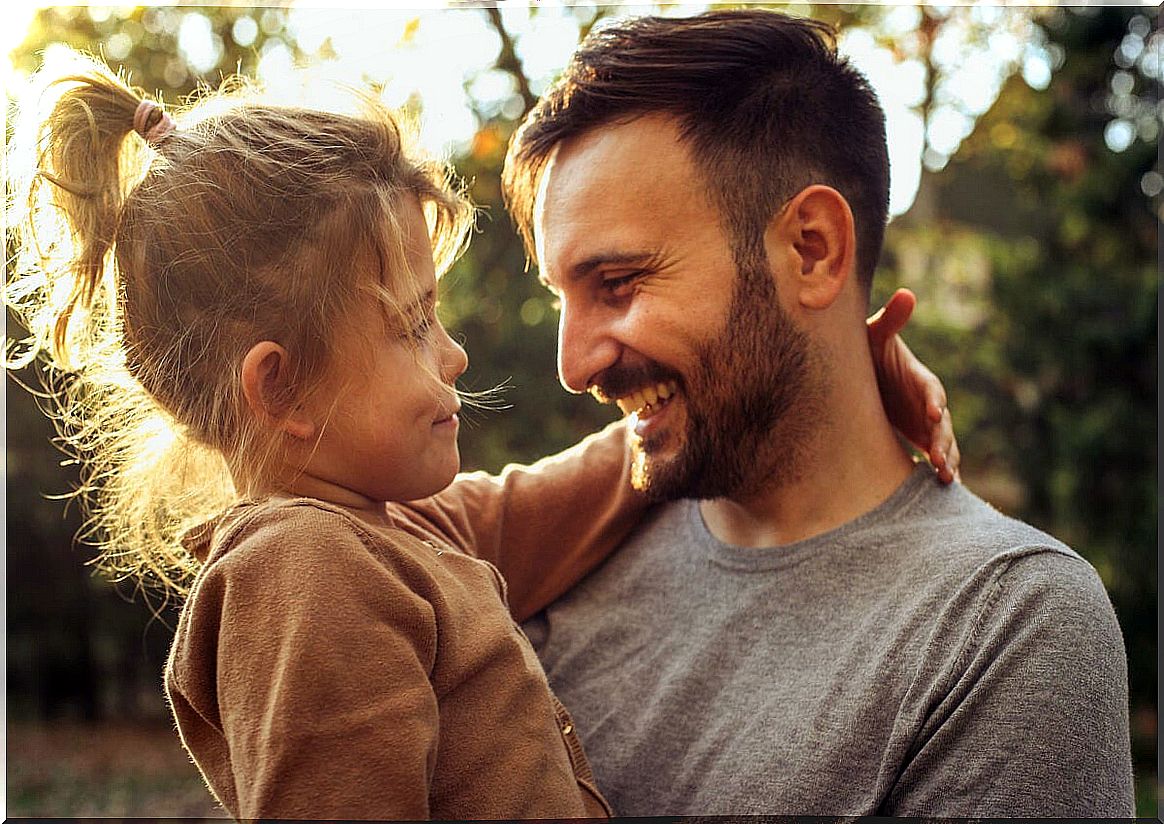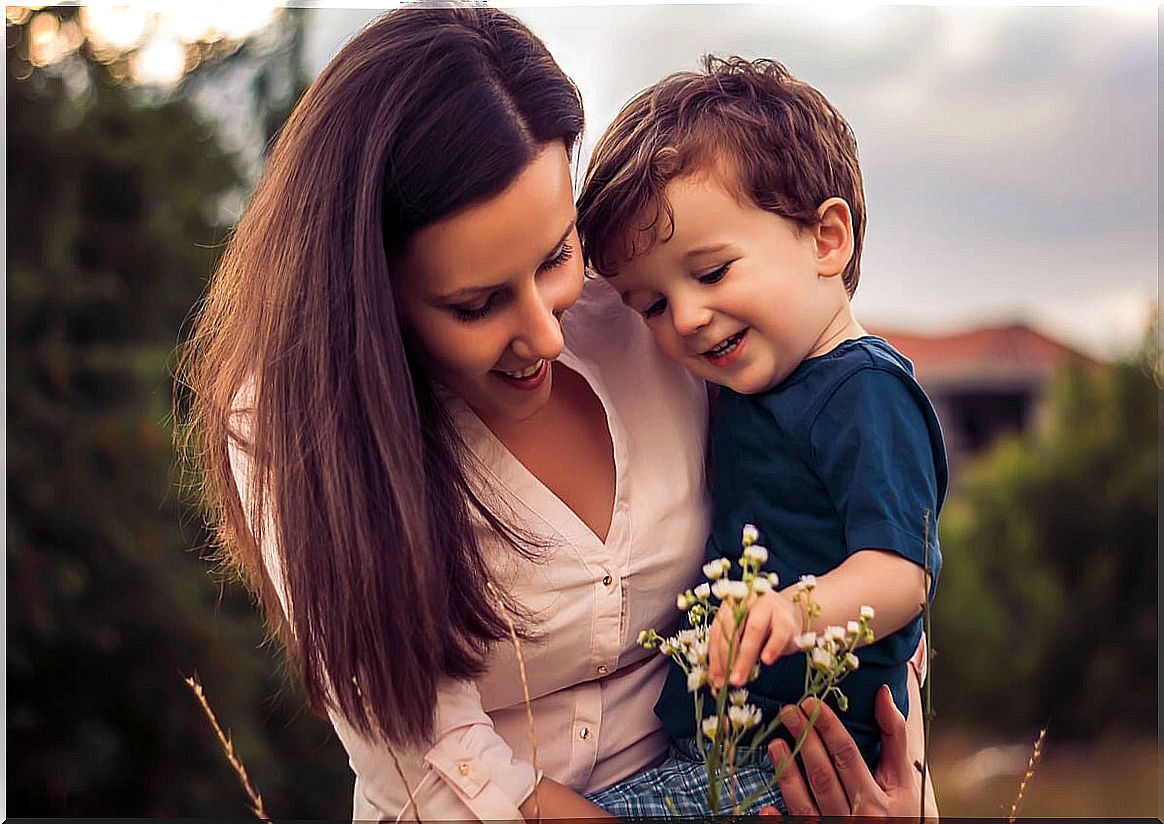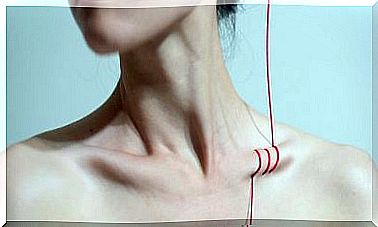What Is Positive Parenting And What Are Its Benefits?

Today we know that the education of the little ones marks their future. With this knowledge in the retina of memory, today’s parents try to give their children the best education possible in a world that changes at a very fast speed. What is the best for my children? What educational style to choose? Am I doing it right? Positive parenting needs answers, a clear orientation to guide them towards that goal they have set.
Children do not come with an instruction manual and parents would appreciate a guide. The parenting models that they themselves were brought up with have become obsolete, as have many challenges, so they often cannot draw on memory.
Nor is there a sense of community that allows to expose and resolve doubts, fears and concerns without fear of being judged. Because of this, parenthood can become an uncertain and lonely path.
If you want to ensure the best development for your children and enjoy a harmonious family life, positive parenting may be the right choice. Below we briefly describe what it consists of so you can start implementing it.

What is positive parenting?
Positive parenting is defined as a parenting style in which parental behavior is based on the best interests of the child. Thus, this is recognized as an individual with full rights and upbringing is aimed at protecting, guiding and promoting the development of the minor at all levels. Through affection, security and guidance, it is sought to promote the autonomy of the child so that he can achieve the best achievements in the different areas of his life.
This parenting model is very different from the authoritarian educational style implemented in previous generations, in which obedience and a passive attitude were expected of children. However, it is neither a permissive nor a negligent model. Supervision, limits, and well-understood discipline must be present.
Components of positive parenting
To better understand what positive parenting consists of, we can look at some of the basic elements that make it up. These are the principles that should guide this positive parenting:
- Warm emotional ties between the different members of the family.
- A structured environment that offers appropriate routines and limits.
- Appropriate stimulation that enhances the abilities and skills of minors.
- Presence, attention and quality time shared.
- Recognition of the minor as a person with full rights, so that their opinions, interests and needs are heard and taken into account.
- Enhance the confidence, self-esteem and security of the children so that they feel capable of directing their own lives and influencing their environment.
- An education based on non-violence, in which there is no place for physical or psychological punishment. The inappropriate behavior of minors is corrected by consequences that do not violate or denigrate them (for example, encouraging them to reflect and repair the damage caused).

The benefits of positive parenting
Positive parenting benefits, first of all, the minors. Children and adolescents educated along lines that intelligently combine affection, conditionals and the imposition of limits grow up feeling protected, loved, accepted and capable. It is easier for them to have good self-esteem and to be able to set smart limits for others as well.
In addition, the positive exercise of parenting also brings benefits to parents. No parent enjoys seeing their home turned into a battlefield, having to chase their children into obedience, engaging in power struggles with them, or meting out punishments. From this approach , healthier and more harmonious family relationships are achieved, conflicts are reduced and trust is increased, and the bonds between parents and children are strengthened.
There are as many parenting styles as there are families, although the options are generally reduced to a few based on different parameters. The reality is that the educational style is created on a day-to-day basis, in the continuous interactions between parents and children, and it is up to each family to choose the model that best suits their needs.
However, due to the proven benefits of positive parenting, it is relevant to take into account its principles when educating new generations.









